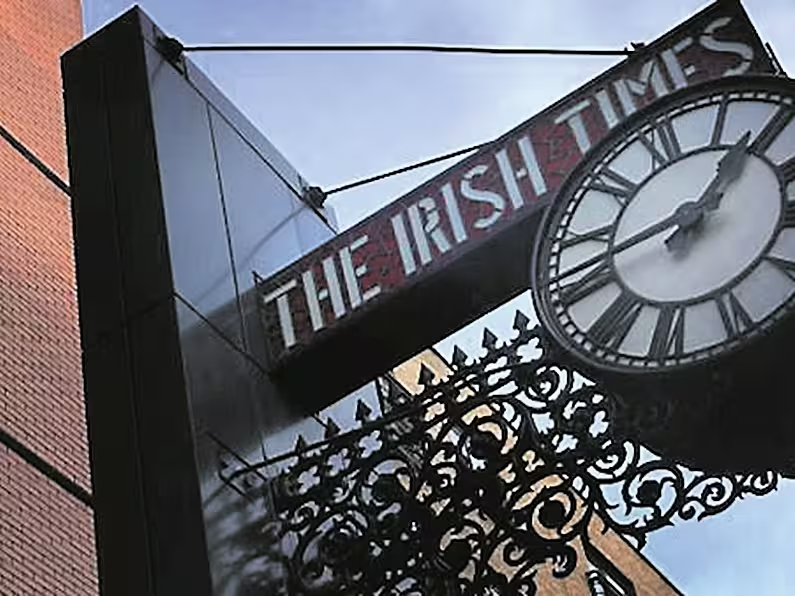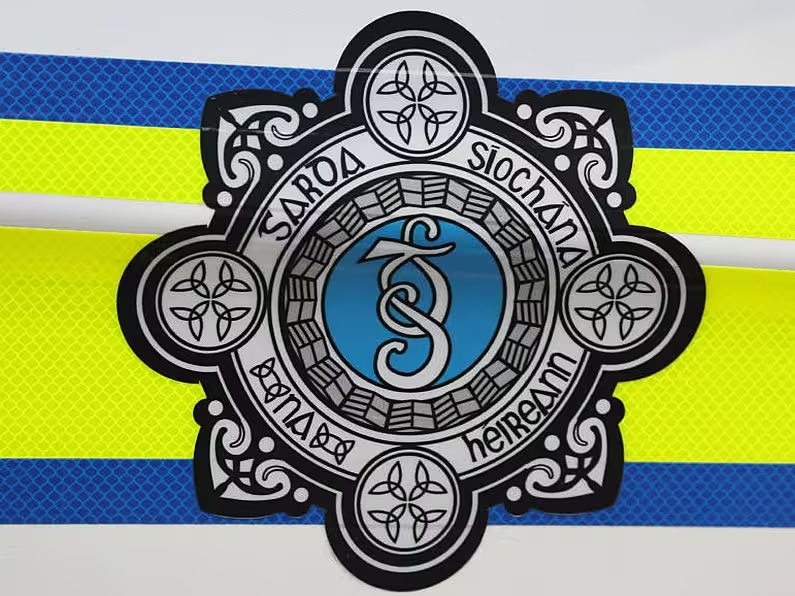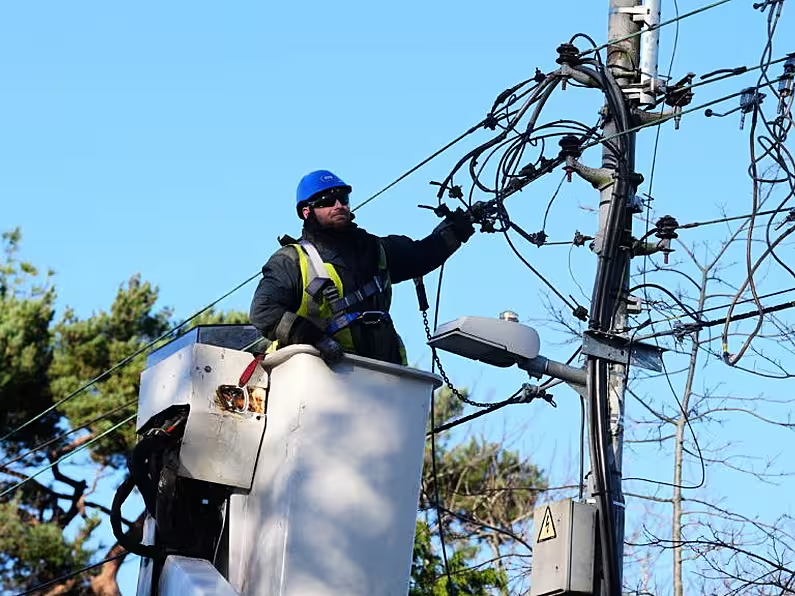A High Court judge has accepted the identification of a child with special needs in an Irish Times article was an “innocent and inadvertent” breach of a court order preventing such identification.
Mr Justice Anthony Barr accepted the Irish Times was unaware of the no-identification order until July 5th, two days after the article was published on July 3rd last.
Contempt of court is only available when there is some evidence the alleged contemnor either knew, or should have known, of the making of the relevant order and that was not established in this case, he said.
He was satisfied the publication arose due to a “genuine mistake” on the part of Irish Times Education Editor, Carl O’Brien, who wrote the article, and Irish Times editor Paul O’Neill.
He accepted the article was a “well researched and thought out” article designed to highlight the plight of the child’s mother in trying to find adequate facilities for the child.
Application refused
Notwithstanding there was contempt, he was satisfied that was “innocent and inadvertent” and he struck out an application to punish the Irish Times.
He also refused an application by the child’s former school, which brought the contempt proceedings, for its costs of the application against the Irish Times.
The school initiated proceedings last February against the Secretary General of the Department of Education and an appeals committee over the latter’s reversal of the school’s decision to expel the child over challenging behavior and an order was made preventing the child being identified.
In a judgment last month, where the parties were anonymised, Mr Justice Barr found in favour of the school.
On July 3rd, the Irish Times article was published. Having learned on July 5th of the no-identification order, the Irish Times took steps to remove online versions of it.
Last week, the school initiated its contempt application.
On Monday, the Department of Education took a neutral position on the contempt matter while Alan Brady BL, for the child’s parents, accepted the identification was a “good faith mistake”.
Surprise
In his ruling, Mr Justice Barr said the non-identification order was very properly put in place to protect a very vulnerable minor. It was with considerable surprise he saw the Irish Times article but, on reading it, he suspected the parents had approached Mr O’Brien and noted the article set out the mother’s views about the difficulty accessing what she regarded as adequate care and services for her child.
He was satisfied neither Mr O’Brien nor Mr O’Neill were aware before publication of the non-identification order and only learned of it as a result of communications from a solicitor for the school. The parents had said they presumed the journalist was aware of the court order.
While not blaming the school for not responding to contacts from Mr O’Brien, if it had, it might have assisted in preventing this regrettable mistake. The court could perhaps ask why Mr O’Brien, an experienced journalist, did not seek to wonder whether, having seen an anonymised judgment, there was a court order but the judge accepted his evidence he was unaware of it and there was no intention by him, Mr O’Neill or the owners of the Irish Times to deliberately breach the order.












